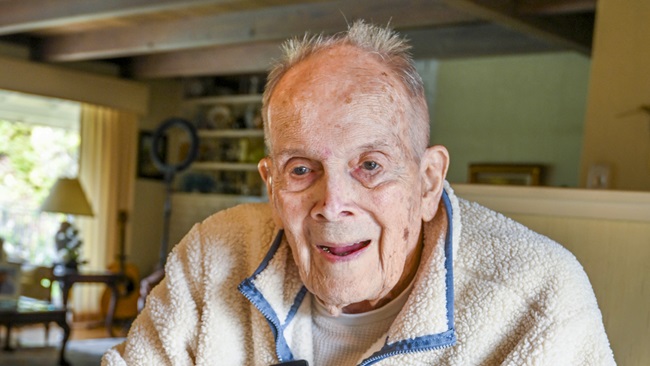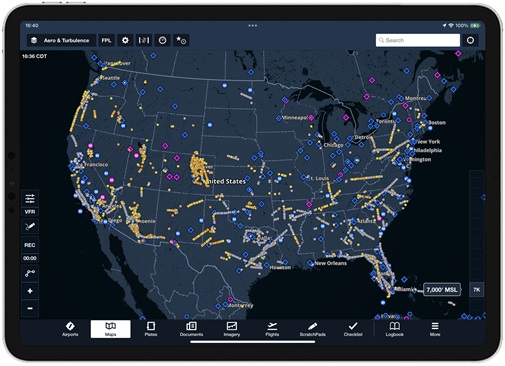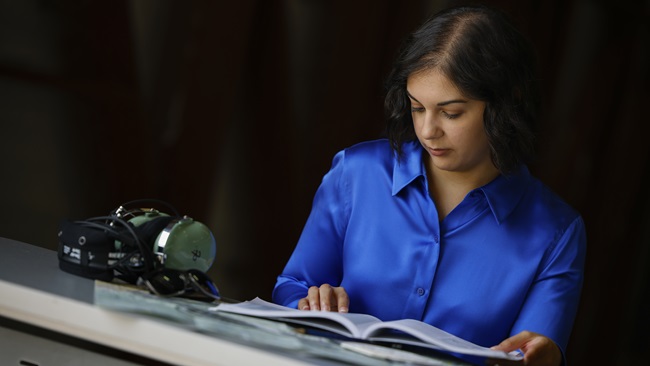Give the man a salad
When he returned to Earth after spending a U.S. record of 340 consecutive days in space (and 520 for his career), NASA astronaut Scott Kelly said he was a little bit taller, a bit wobbly, and longing for a fresh salad.
Kelly’s time aboard the International Space Station was twice the length of a typical mission, and designed in part to measure the effects on the human body of such a long time spent beyond gravity.
Because Kelly and his twin brother, retired astronaut Mark Kelly, both are physically fit, NASA said there is much to learn from studying them that benefits future space travelers. Mark Kelly spent 54 days in space on four NASA missions and piloted the space shuttle Endeavour to its own retirement.
Scientists said Kelly grew two inches taller while in space. In the absence of gravity, the disks in vertebra spring up and absorb fluids, so astronauts temporarily get a little bit taller—enough to affect spacesuit fit. When they return to Earth, however, the phenomenon quickly dissipates.
Kelly has participated in a variety of research efforts that will help scientists better understand how the human body adapts to long-duration spaceflight.
That knowledge will play a critical role in future missions deeper into the solar system, including the journey to Mars, for which a round trip is likely to last 500 days or longer. Bone density, muscle elasticity, exercise, and psychological changes are some of the items that will be studied. NASA said researchers are also interested in the effects of extended exposure to radiation above the Earth’s atmosphere, and its impact on cancer.
Kelly was set to retire April 1.
“I’ll never be done with space, I’ll always be involved,” he said. “I doubt I would fly again with NASA, after having the most time in space by any American. We have so many talented professionals in our office there’s no reason for fly me again, but I absolutely wouldn’t say that I’m 100-percent done. Maybe in the next 20 years you’ll be able to buy a cheap ticket and go for a little visit.”
Email [email protected]
Space travel according to Scott Kelly:
Daily living conditions: “I probably spent like five months in that little box....If you are going to Mars, having that space that you spend so much time in is very, very important, and you need to make it as perfect as you can—the air, temperature, entertainment, noise abatement.”
A bed: “It’s kind of painful, actually. Your body does not respond that well to gravity, after not having it for so long.”
Food: “It’s kind of funny. The first thing I ate was a banana and as soon as I ate it I recognized the irony in that. The first thing I wanted to eat was salad.”
Longing for a dip in a swimming pool: “I didn’t have any kind of running water in a year. There was nothing like jumping in a pool of water, it felt great.”
Records: “Records are made to be broken. Pushing the envelope is what makes society progress. I’m just privileged to be here.”
Space: “I think space is important. It helps the economy grow and it improves technology. They never imagined how important that stuff would be to our future.”
Earth: “You can see pollution over Southeast Asia, the fires over Southern California, and weather systems in areas where they aren’t normally [located]. For us to take care of the air we breathe and the water we drink is critical. And I do believe we have an impact on that and the ability to change that if we make the decision to.”



